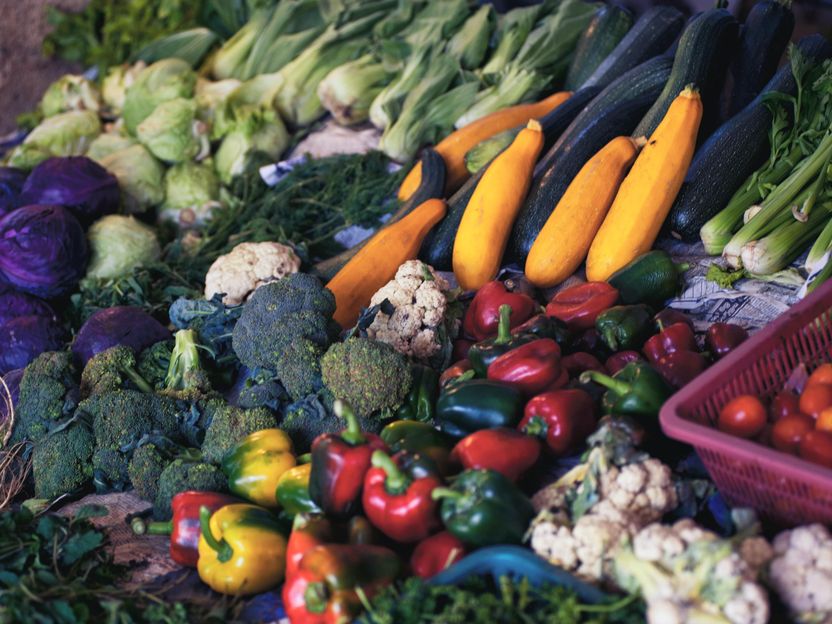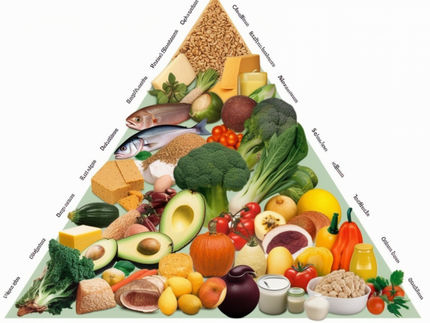Vegetable brands are missing out on Gen Z consumers
Help Gen Z see the need for vegetables
Across markets, Gen Z consumers are not eating their veggies. Despite higher interest in plant-based eating, these consumers are less likely than their older counterparts to say they are eating vegetables of any kind. Gen Zs may believe that they are getting enough veggies from other parts of their diets, like plant-based alternatives or “green” smoothies.

Photo by Alexandr Podvalny on Unsplash
Vegetable brands are missing an opportunity to help this generation understand the importance of “actual” vegetables in their diets. Brands can look to new kinds of messaging and product innovation to help Gen Zs see vegetables as a tasty, exciting and convenient source of plant-based goodness.
Gen Zs have their reasons for eschewing vegetables
Preparing them is hard work
According to Mintel research on vegetables, less than one in five Gen Z consumers say they avoid preparing vegetables because it is a hassle, vs one in 10 of all consumers. Gen Zs likely lack experience and confidence in the kitchen.
They aren’t seen as tasty
Three in 10 US Gen Zs say it is hard for them to make vegetables taste good. They likely do not have a repertoire of recipes to bring out the flavor in veg, which is potentially the reason more than a quarter of US Gen Zs say eating enough vegetables feels like a chore.
Vegetables aren’t targeting them
Gen Zs are learning about the world in new ways, such as TikTok or influencers. They may not be exposed to – or respond to – traditional marketing methods.
They may lack nutritional education
Schools have cut back on home ec and other “basic” education, where students typically learn about nutrition. Brands may take for granted that Gen Zs even know what role vegetables play in a balanced diet.
Help Gen Z see the need for vegetables
Vegetable brands may be taking for granted that all consumers understand how to create a healthy diet, but this message may not be resonating with Gen Zs. This generation is drawn to plant-based diets, but they may not understand why fiber-rich whole vegetables should be part of their overall eating.
For example, more than four in five UK consumers aged 16-24 say they have eaten meat-free products in the past six months. But this doesn’t necessarily translate to increased vegetable consumption. In the US, a quarter of Gen Zs say they have used vegetables as a meat replacement.
There seems to be a disconnect between “plant-based” and “vegetable-rich,” and vegetable brands should do more to help Gen Zs see the need for vegetables in a way that will resonate with them.
Tap into influencers to reach Gen Zs
Gen Zs may not be exposed to or respond to traditional marketing, but they are active on social media. In Brazil, nearly two-thirds of 16-20s say they use social media to learn about new products and services, and in the UK, more than three-quarters of Gen Zs think brands can improve their image by partnering with the right social media personalities.
Vegetable brands can take advantage of this belief in the power of social media to reach Gen Zs where they are. TikTok is one option with great potential. Wherever the source, brands can partner with influencers who are passionate about vegetables and task them with helping Gen Z see veggies as a necessary and cool part of their diet.
Speak to the causes Gen Zs care about
Gen Zs are more likely than other generations to prioritize ethical causes, from climate change to workers’ rights – and they want brands to care, too. For example, more than two-thirds of Canadian Gen Zs care if brands/companies represent their personal values.
One brand doing this well is Tattooed Chef. On its website, the brand discusses its farm-to-table, sustainably grown products. But the brand also taps into ease of use, saying “we spend the time so you don’t have to.” In addition, the brand features on-trend flavors and formats, like Mexican street corn and tahini-accented Buddha bowls. These offerings mimic the dishes consumers would likely find at foodservice and bring a special, modern feel to getting in your five-a-day.
Focus future innovation around Gen Zs’ needs
Convenience
Tattooed Chef Organic Greens 5 contains a modern-feeling combination of zucchini, broccoli, haricots verts, peas and leeks into one dish, eliminating the need for chopping. The frozen product also comes pre-seasoned (US).
Tastiness
Asda‘s salad mix contains peppery sparkle rocket, mild baby red iceberg leaves and oniony chives. The packaging describes clearly how the mix will taste, setting it apart from other more generically described lettuces (UK).
Visual appeal
Rollin Greens Crispy Cauliflower Wings with Spicy Green Buffalo Sauce are said to be plant-based food truck favorites. The green buffalo sauce – an unusual color – comes from spinach and jalapeño (US).
What Mintel thinks
Gen Z is not seeing the need for vegetables and are reporting lower usage of all segments of the category. Veg brands should reconsider their messaging to help Gen Zs understand the importance of veg in their lives. They should also innovate to create products that this generation will see as convenient, tasty and fun.






























































